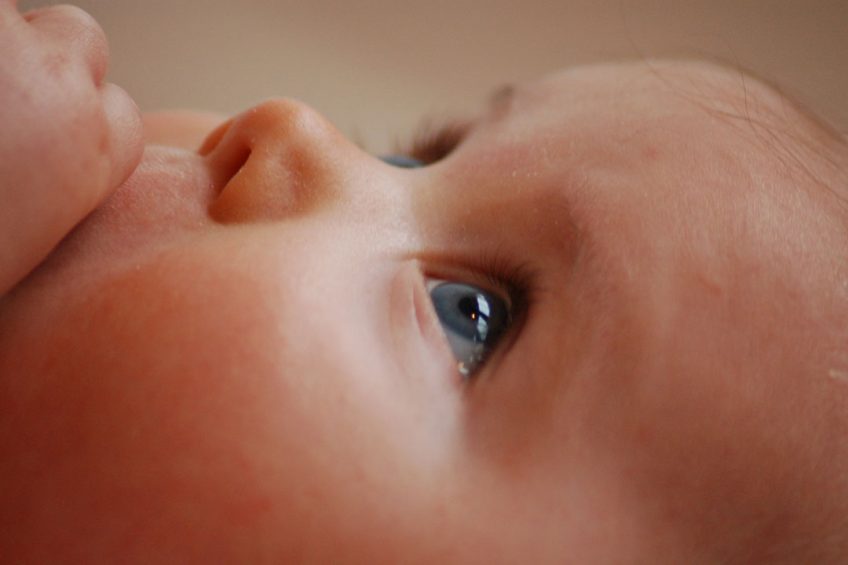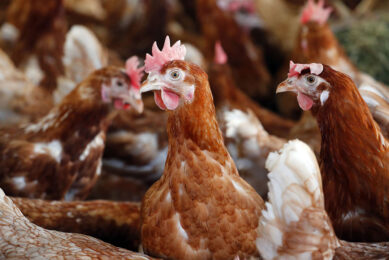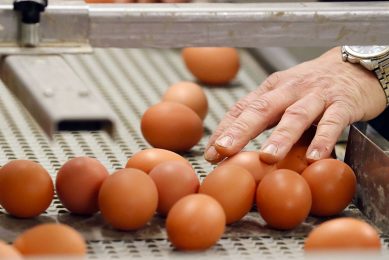Eye disease patients to benefit from chicken study

Childhood eye disease patients could benefit from insights revealed in a new chicken study.
Ocular coloboma is a disease that causes part of the eye to be missing at birth. It cannot be treated and can severely affect the patient’s vision. It accounts for up to 10% of all childhood blindness sand can cause a distinctive keyhole-shaped pupil as it commonly results in a missing segment in the iris, the coloured part of the eye, which may extend through to the optic nerve.
But a study has revealed a new gene that may be responsible for the developmental errors that cause coloboma and the findings may help identify genetic defects in patients with coloboma and other birth defects.
Coloboma is the result of errors in tissue fusion – an essential process during development needed for the formation of the eye and many other organs of the developing embryo. Tissue fusion errors are a relatively common form of birth defects but the genetic causes remain unknown for the majority of patients.
Use of chicken embryos
Now scientists led by Dr Joe Rainger of the Roslin Institute, Scotland, have used chicken embryos to study how fusion occurs. They identified genes that are switched on and off during fusion.
One of the newly identified fusion genes – Netrin-1 – is likely to be critical in humans and other species as well as in organs other than the eye, which also require fusion such as the palate, the scientists found.
Dr Rainger said: “Identifying new genes and processes involved in tissue fusion will improve our understanding of how fusion defects occur, and whether these may be preventable. The fusion-genes we have revealed are also an excellent resource to support the identification of genetic defects in patient sequencing programmes.”
The study was funded by the UK Government’s Biotechnology and Biological Sciences Research Council, Fight for Sight UK and the Wellcome Trust.










